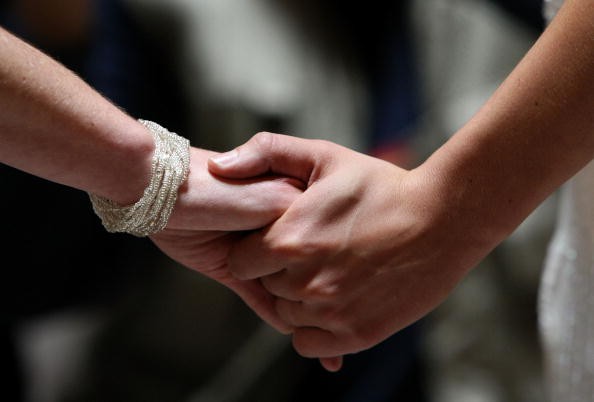
People who care for loved ones with brain injuries can be under so much stress that their own health is in danger. Caregivers, most often women, show signs of grief that are comparable to those of people who have lost a loved one; they are grieving the man they once knew. They also report high levels of blame and anger, emotions that are part of grief. These emotions have been found to be linked to elevated levels of a chemical related to inflammation.
A new study evaluated 40 women who were caring for a U.S. military veteran who had a traumatic brain injury. The women answered questions about their levels of grief, stress, and depression. The researchers also took saliva samples to test for levels of a protein called tumor necrosis factor, which ties in with stress and immune responses. High levels of tumor necrosis factor raise the risk for chronic diseases. Past research has shown a link between grief and physical health problems like high blood pressure and coronary artery disease.
Normally, someone under stress can turn to their loved one for support, but caregivers are stressed further because they cannot turn to their loved one for support, said Karen Saban of the Loyola University Chicago Marcella Niehoff School of Nursing, who led the study.
The caregivers felt 35% more anger than is typical among women who are not caring for TBI victims, and also had 25% more tumor necrosis factor than an average person. Grief was not associated with levels of tumor necrosis factor, high levels of blame and/or anger was associated with higher levels. These findings suggest that blame and anger associated with grief may be related to the elevations in the protein exhibited by individuals caring for a loved one with a brain injury.
Since 2000, almost 250,000 U.S. veterans have been diagnosed with traumatic brain injury, with 43,000 of them having an injury that is moderate or severe.
The study was published in the journal Biological Research for Nursing.



